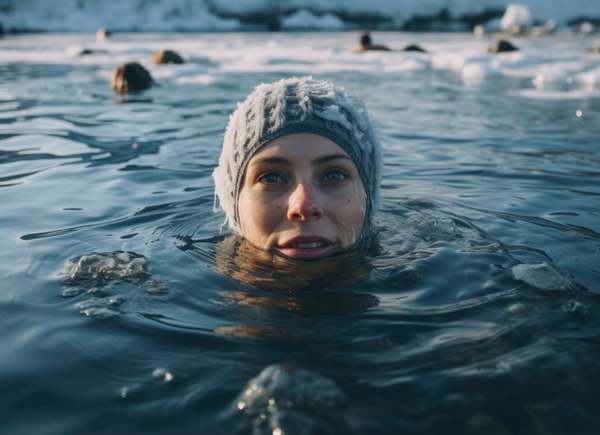Cold water immersion is becoming increasingly popular among athletes and wellness enthusiasts, but scientific analysis reveals that its effects on the body are complex and highly individualized.

A systematic review and meta-analysis conducted by researchers at the University of South Australia examined data from 11 studies involving 3,177 participants. The findings indicate that cold water immersion can temporarily reduce stress levels, enhance sleep quality, and improve overall well-being. However, according to researcher Tara Kane, these effects are not long-lasting: “Cold water immersion can reduce stress levels, but only for up to 12 hours after exposure.”
The study also found that prolonged exposure to cold showers correlated with a perceived improvement in quality of life, though these benefits diminished after three months. Additionally, regular cold showers were associated with a 29% reduction in the incidence of illness. Interestingly, positive effects on sleep were observed only in men, limiting the findings’ generalizability to the broader population.
Despite common claims regarding immune system enhancement and mood improvement, researchers found insufficient evidence to support these assertions. Moreover, Dr Ben Singh cautioned against the potential risks of cold exposure: “The immediate inflammation is the body’s response to the cold as a stressor. This is a short-term phenomenon, reminiscent of the adaptive effect of exercise, but people with chronic illnesses should be careful.”
In conclusion, cold water immersion offers certain physiological benefits, but these depend on duration, individual characteristics, and contextual factors. Further long-term studies are necessary to determine the optimal approach for incorporating cold exposure into health and recovery strategies.
Important: Statistical data in medical studies reflect general trends and do not account for individual variability. Always consult a healthcare professional before making health-related decisions.






